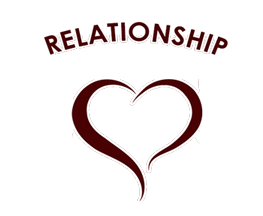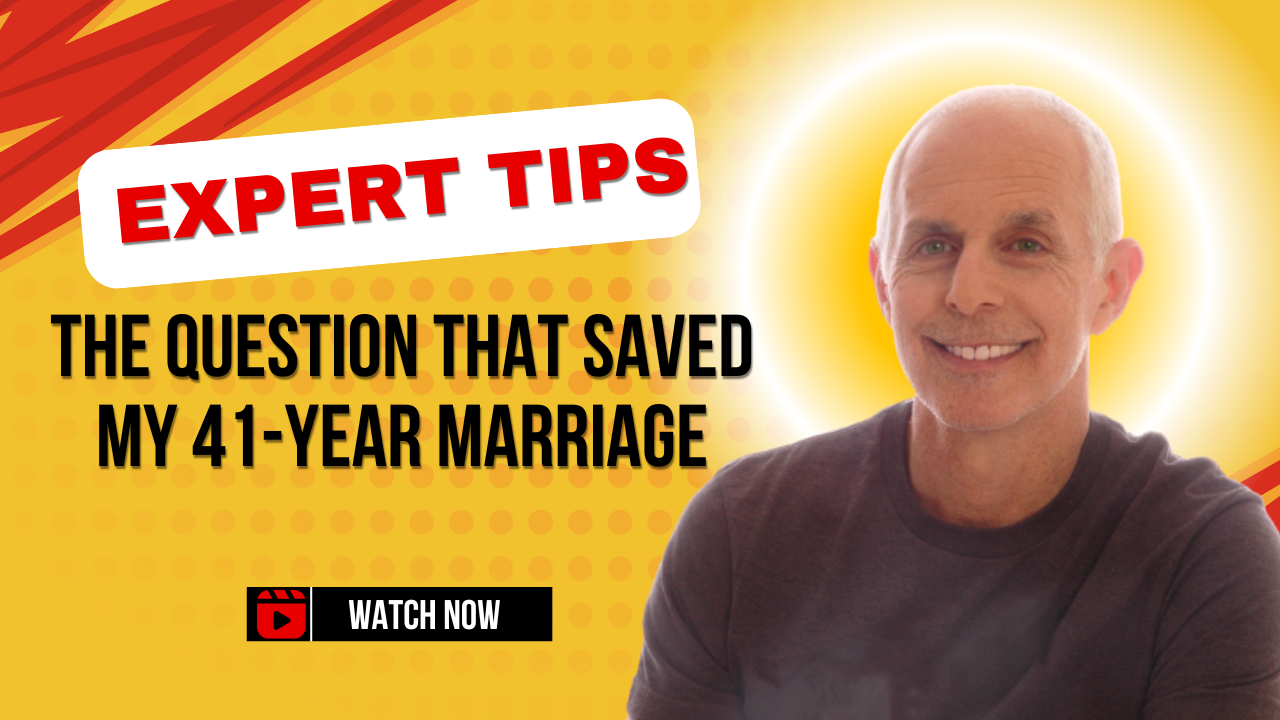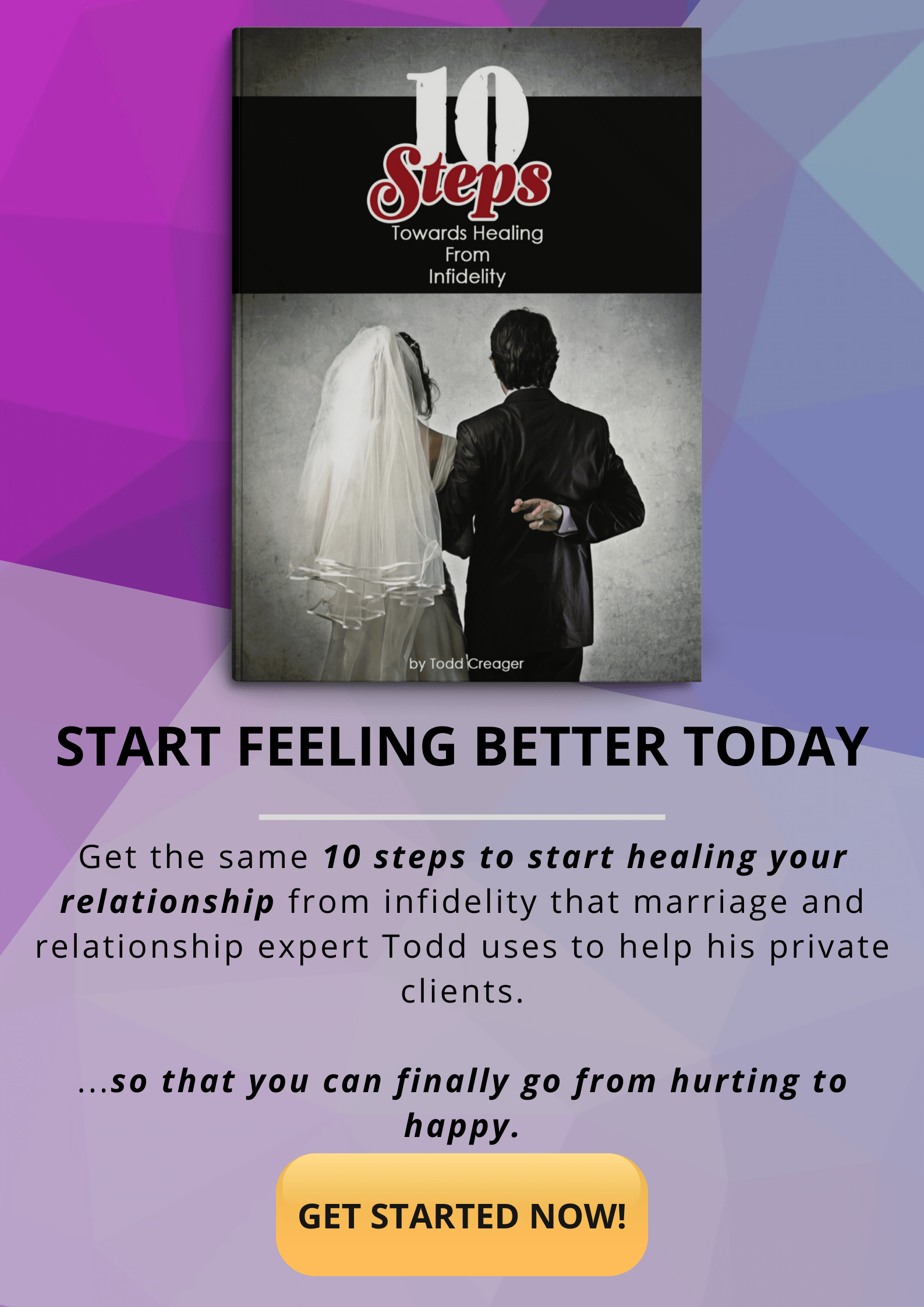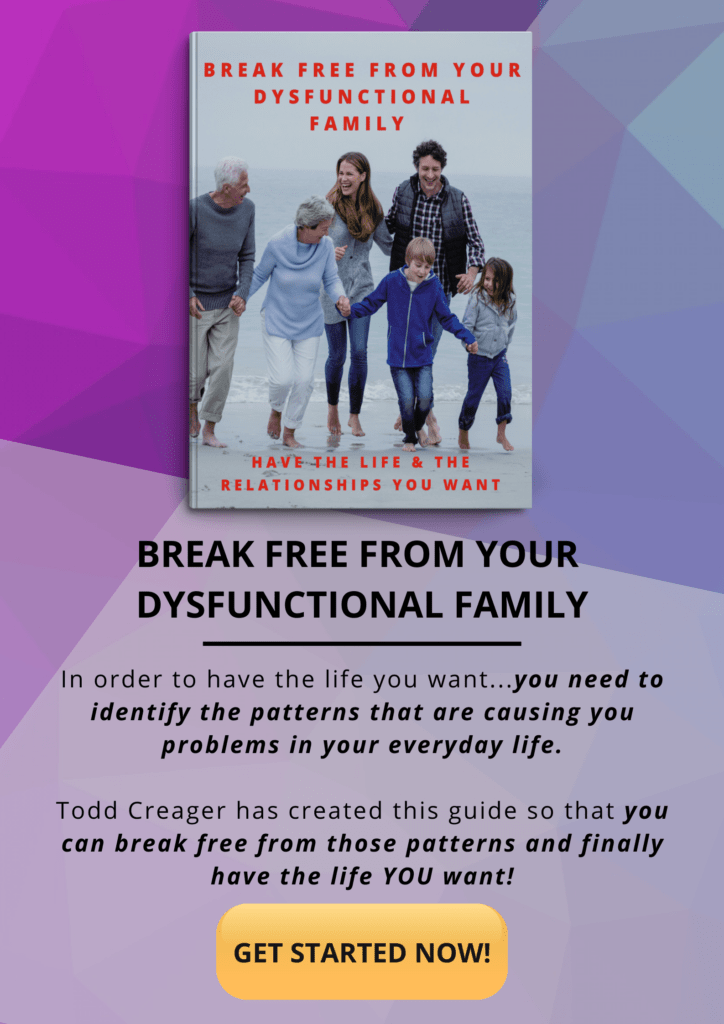How Old Do You Feel? The One Question That Saved My 41-Year Marriage
Why this simple question reveals the hidden trigger behind every marital conflict—and how it can transform your relationship overnight
Picture this: You’re in the middle of a heated argument with your partner. Your heart is racing, your voice is getting louder, and you’re saying things you know you’ll regret later. But in that moment, you feel completely justified—even righteous—in your anger.
Now here’s what I want you to consider: How old do you feel in that moment?
I’m about to enter my 42nd year of marriage this August, and after working with thousands of couples in my practice, I can tell you this question has saved my relationship more times than I can count. It might just save yours too.
The Three-Year-Old Inside the 67-Year-Old Body
Let me share something vulnerable with you. Despite being a marriage therapist for over three decades, I still sometimes feel like I’m three years old during conflicts with my wife.
Just last month, I accidentally scratched our car backing out of the garage. The first emotion I felt?
Pure panic.
Not because of the car—because I was terrified of telling my wife. In that moment, I wasn’t a 67-year-old man who could handle a simple mistake. I was a scared little boy who didn’t want to get “in trouble.”
Sound familiar?
Here’s what I’ve discovered: we’re not just one person. We’re made up of different parts, and some of these parts are younger versions of ourselves that get triggered faster in intimate relationships than anywhere else.
Your boss might annoy you, your mother might frustrate you, but nobody—and I mean nobody—can activate these younger parts quite like your partner.
The Moment Everything Changed
About thirty years ago, when my daughter was two, my wife and I got into one of those arguments that was escalating fast.
I was getting defensive, saying things I didn’t mean, and I could feel myself spiraling into that familiar pattern of hurt and retaliation.
Then something made me pause and ask myself: “Todd, how old do you feel right now?”
The answer hit me like a lightning bolt: I felt about six years old.
In that instant, I realized I had a choice I’d never recognized before. I could keep acting from that wounded six-year-old place, or I could remember that I’m actually a grown man who can handle conflict, disappointment, and even my wife’s frustration without falling apart.
That one question—”How old do I feel?”—gave me access to my adult self when I needed it most.
Why This Happens (And Why It’s Actually Normal)
As a therapist, I’ve learned that this phenomenon isn’t unusual—it’s universal. Every person I’ve worked with has these younger parts that get activated, especially in intimate relationships.
Maybe you have a perfectionist seven-year-old who panics when criticized. Or a rebellious teenager who gets defiant when feeling controlled. Perhaps there’s a lonely four-year-old who gets desperate for attention and approval.
These aren’t character flaws. They’re protective parts that developed to help us survive difficult childhood experiences. But here’s the challenge: what protected us as children often sabotages us as adults.
When your partner points out something you forgot to do, and suddenly you feel defensive and angry, that’s not the mature you responding—that’s a younger part who learned that criticism meant rejection or punishment.
The Dance We Create Together
Here’s something that might be hard to hear, but it’s crucial for lasting change: when there are problems in your relationship, you both have something to do with it.
I know it’s easier to see yourself as the victim of your partner’s behavior.
Trust me, I’ve been there. But after 41 years of marriage and thousands of hours of therapy sessions, I’ve learned this truth: we co-create relationship dances together.
Your younger part might get triggered and act out, which triggers your partner’s younger part, which then re-triggers yours.
Before you know it, you’re both caught in a cycle where two wounded children are trying to get their needs met, and no adults are present to handle the situation with wisdom and compassion.
How to Catch Yourself Before You React
The beauty of asking “How old do I feel?” is that it creates a pause—a moment of awareness that can change everything.
When I feel that familiar tightness in my chest, or when my voice starts to get that defensive edge, I’ve learned to check in with myself.
Sometimes I catch it early and can respond from my adult self. Sometimes I catch it too late and need to repair the damage I’ve caused.
Either way, the awareness gives me choices I didn’t have before.
Your body will tell you when you’re feeling young.
Maybe your shoulders tense up. Maybe you feel small and scared. Maybe you get that fight-or-flight sensation.
Learning to recognize these physical cues is like having an early warning system for your emotions.
When You’ve Already Acted From That Younger Place
Let’s be honest—sometimes we catch ourselves too late. The words are already out of your mouth, the damage is done, and you’re standing there wondering how a simple conversation turned into World War III.
This is where the real work happens: the repair.
After I scratched the car and spent twenty minutes terrified to tell my wife, I finally took a breath and asked myself the question.
I felt like a guilty seven-year-old.
Once I recognized that, I could approach her as an adult: “Honey, I scratched the car backing out. I felt scared to tell you because part of me was worried you’d be angry, but I know we can handle this together.”
The repair isn’t just about apologizing—it’s about acknowledging the younger part that took over and consciously choosing to show up as the adult you actually are.
The Adult You Can Handle Anything
Here’s what I want you to remember: the adult part of you can handle whatever your relationship throws at you.
You might not like conflict, disappointment, or your partner’s frustration, but you won’t panic.
You won’t hide things. You won’t get defensive and cruel.
The adult you can stay curious about your partner’s experience instead of just protecting your wounded younger parts.
You can take responsibility for your mistakes without feeling like your worth as a person is at stake.
You can have difficult conversations because you know that working through problems together actually strengthens your relationship.
Your Relationship Deserves the Real You
After 41 years of marriage, I can tell you that relationships thrive when we show up as our authentic adult selves rather than our wounded younger parts.
This doesn’t mean you won’t feel triggered—I still feel like a little kid sometimes. But it means you have the awareness to choose how you respond.
Every couple I’ve worked with who transforms their relationship shares this common thread: they learned to recognize when their younger parts were driving the bus and developed the ability to let their adult selves take the wheel.
The question “How old do I feel?” might seem simple, but it’s profound in its power to create awareness, choice, and ultimately, the kind of intimate connection you’ve always wanted.
So next time you find yourself in conflict with your partner, pause and ask yourself: “How old do I feel right now?” The answer might surprise you—and it might just save your relationship.
Remember, every situation is different, and sometimes professional help can be crucial in navigating these complex emotional patterns.
But this awareness is a powerful first step toward the deeper, more authentic relationship your soul is calling you to create.
You didn’t choose to develop these younger parts, but you can choose what you do with them now. Your relationship deserves the mature, aware version of yourself—and I believe you can find that person, even in your most triggered moments.
Watch the Video Here






Reader Interactions